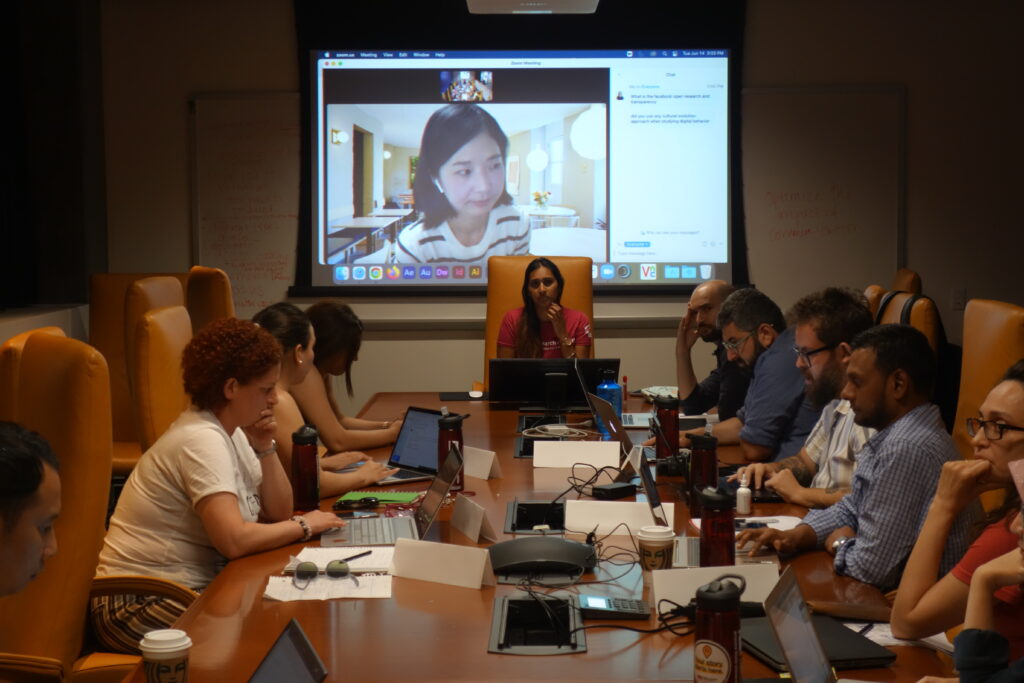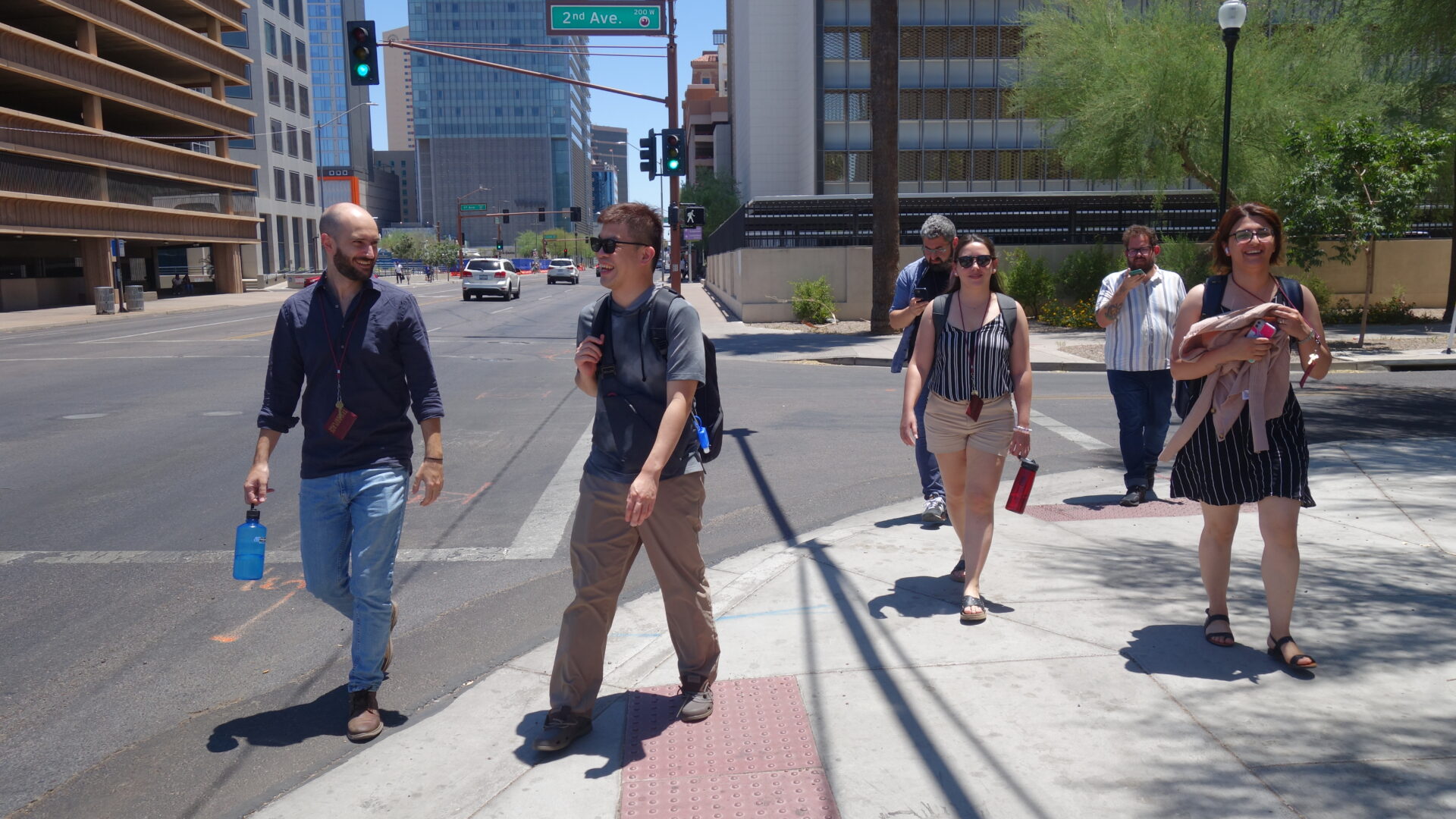“Who is media literacy for?” was the opening question of this 9th study day as part of the SUSI program for scholars organized by the Walter Cronkite School of Journalism and Mass Communication at Arizona State University. Among the answers, there were in particular the members of Generation Z (born between 1997 and 2012). This generation also includes our students, who are the main reason for our program, we teachers and educators from 16 different countries.
From the outset, it must be noted that, at the level of relationships with the media (consumption, production, creation, etc.), Generation Z constitutes a radical break from the previous generations. But it is also clear that there is a generalized societal discourse stigmatizing this generation, regarding their capacities for judgment, criticism, and access to knowledge.
However, beyond the technological changes and social transformations, there is, in my opinion, a generation gap with a nostalgic and idealized vision of the recent past. To highlight an example in terms of media studies, while the figure of the “Opinion leader”[1] has morphed into the figure of the “Influencer,” the current social discourse tends to ridicule the role of the latter in terms of creativity in general, but also of credibility, truthfulness, and access to knowledge when it comes to the dissemination of information.

her research on disinformation
The observation that arises, in the same comparative way, is the following: idealizing the traditional opinion leader is a biased posture. A quick look at the second half of the 20th century shows us the extent of conflicts, wars, and intercommunity violence (the country I come from has suffered the consequences) for which our informants, our traditional “influencers,” were in part responsible – they were “leaders” after all!
I limit myself to this example, and I assert that the influencers of Generation Z have at least the concern to ensure that they cultivate their image and their reputation in continuity at the risk of marginalization, given the constraints of the economic model of social networks in which they operate.
Interesting fact, which is not directly linked to the topic of this study day but inspired by it: The scholars have decided to hold daily meetings to get to know each other better and to discuss their reciprocal national media contexts. Knowledge about social phenomena is a long-term process, at a microscopic level, far from hasty judgments and stigmatizations. That was also one of the conclusions of the day’s discussions.
[1] Conceived by Paul Lazarsfeld’s team at the Columbia University in the 1950s
